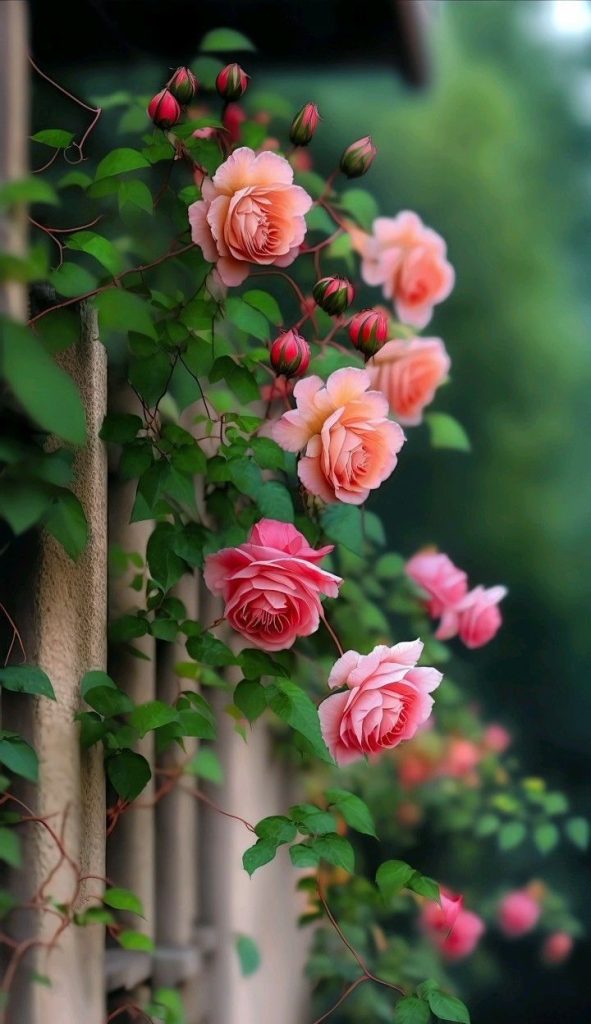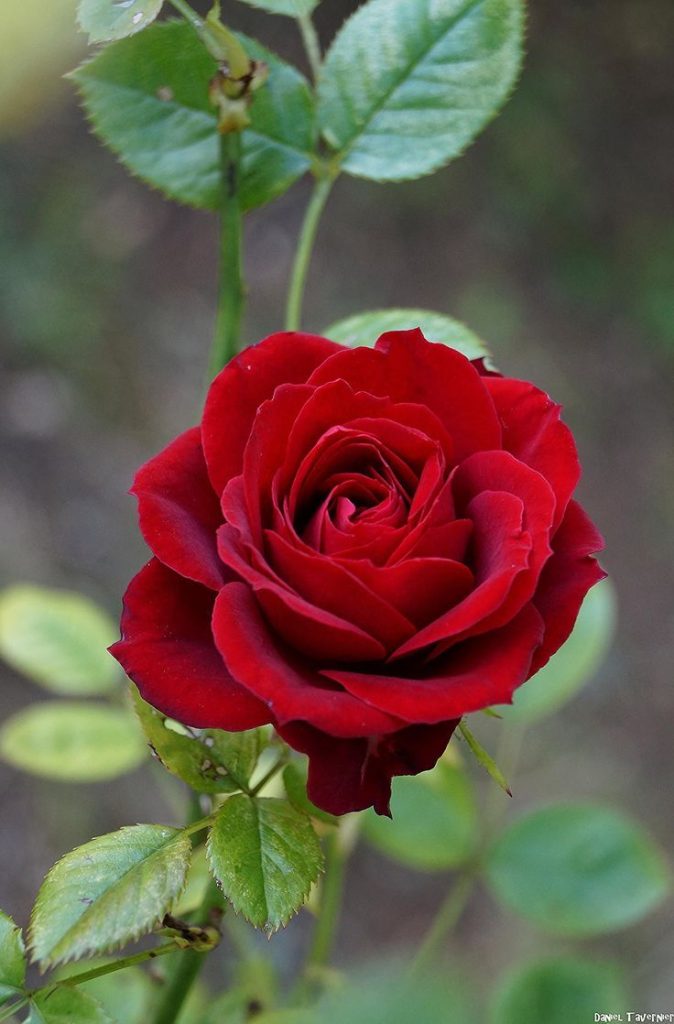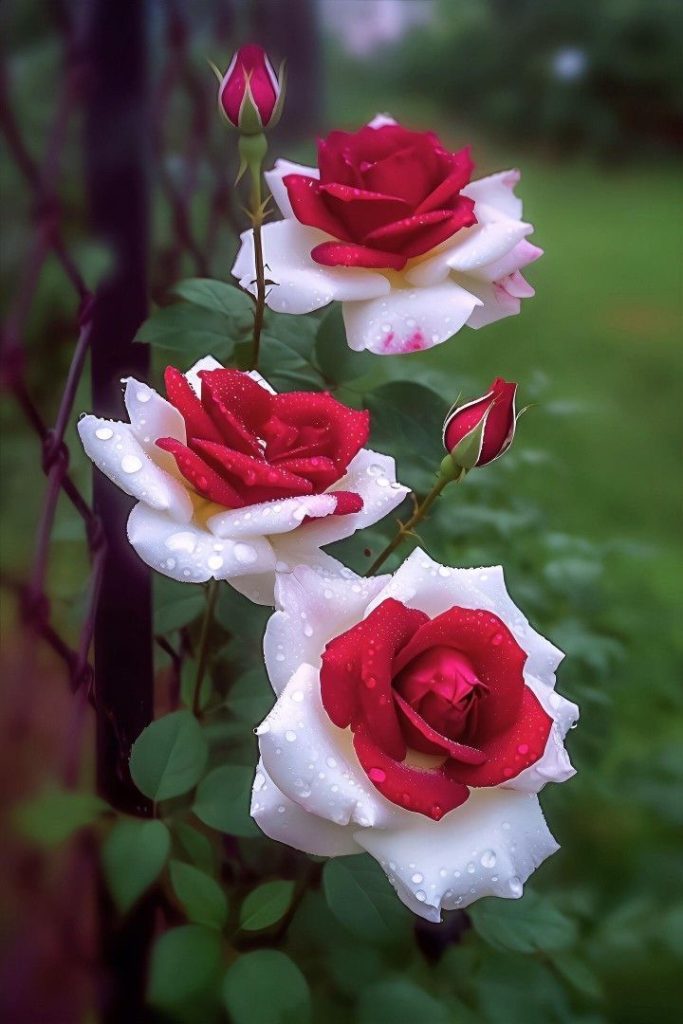A homemade rose tonic is a natural and effective way to provide your roses with essential nutrients, promote vigorous growth, and enhance the vibrancy of their blooms. By harnessing the power of organic ingredients, you can create a nourishing elixir that replenishes soil nutrients, boosts plant immunity, and stimulates root development. In this guide, we’ll explore a simple yet potent recipe for crafting a homemade rose tonic that will revitalize your roses and encourage them to thrive.







Ingredients:
1. Compost Tea Base
- Rich in Nutrients: Provides a diverse array of beneficial microorganisms, enzymes, and organic matter to nourish rose plants.
- Improves Soil Structure: Enhances soil fertility and structure, promoting healthy root development and nutrient uptake.
2. Epsom Salt
- Magnesium Source: Supplies magnesium, a vital micronutrient that supports chlorophyll production and overall plant vigor.
- Enhances Flowering: Promotes larger, more vibrant blooms and improves petal coloration.
3. Fish Emulsion
- Natural Fertilizer: Rich in nitrogen, phosphorus, and potassium, essential nutrients for healthy plant growth and flowering.
- Boosts Microbial Activity: Stimulates beneficial soil microorganisms, promoting nutrient cycling and soil health.
4. Molasses
- Microbial Food Source: Feeds beneficial soil microbes, increasing their population and activity for improved soil fertility.
- Increases Nutrient Availability: Enhances nutrient uptake by plants and aids in the decomposition of organic matter.
Recipe:
Step 1: Prepare Compost Tea Base
- Fill a large bucket or container with water (preferably non-chlorinated) and add a generous amount of well-aged compost.
- Stir the compost thoroughly to create a compost tea infusion and let it steep for 24 to 48 hours, stirring occasionally.
- Strain the liquid to remove any solids, resulting in nutrient-rich compost tea ready for use.
Step 2: Mix Ingredients
- In a separate container, combine 1 gallon of compost tea with 1 tablespoon of Epsom salt, 1 tablespoon of fish emulsion, and 1 tablespoon of molasses.
- Stir the mixture well to ensure all ingredients are thoroughly incorporated.
Step 3: Application
- Water your rose plants thoroughly with plain water before applying the rose tonic to ensure proper hydration.
- Pour the homemade rose tonic around the base of each rose plant, avoiding foliage to prevent foliar burn.
- Apply the tonic once every 2 to 4 weeks during the growing season, preferably in the morning or evening when temperatures are mild.
Benefits:
- Promotes Healthy Growth: Provides roses with essential nutrients and beneficial microbes for robust growth and development.
- Enhances Flowering: Stimulates flower production and intensifies bloom color, resulting in more vibrant and abundant flowers.
- Improves Soil Health: Builds soil fertility, structure, and microbial activity, creating a thriving ecosystem for roses to flourish.
Conclusion
Crafting a homemade rose tonic is a rewarding way to nourish your roses with natural ingredients and support their overall health and vitality. By incorporating this nutrient-rich elixir into your rose care routine, you can enjoy the beauty of lush foliage and stunning blooms while fostering a sustainable and thriving garden environment.





